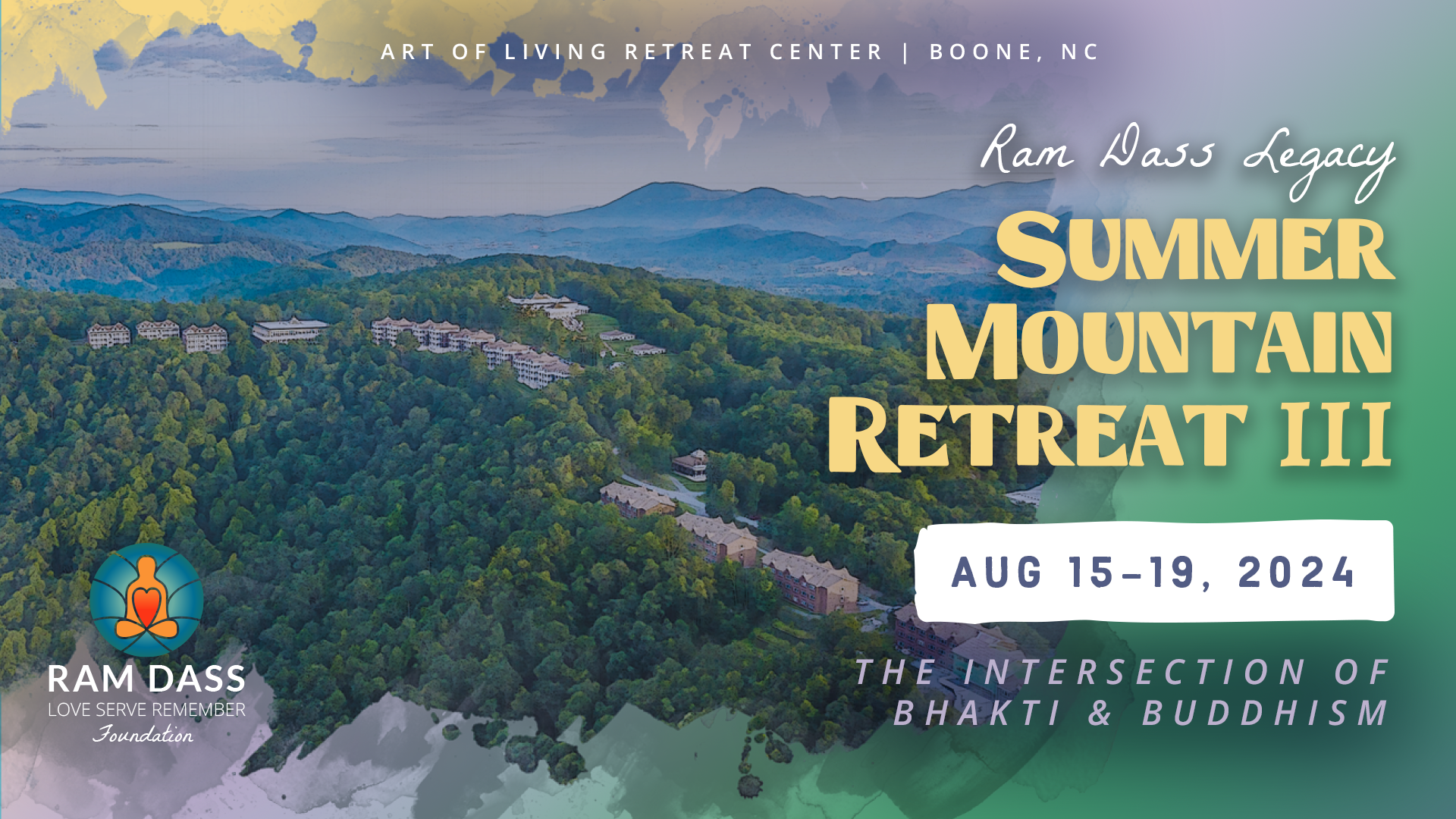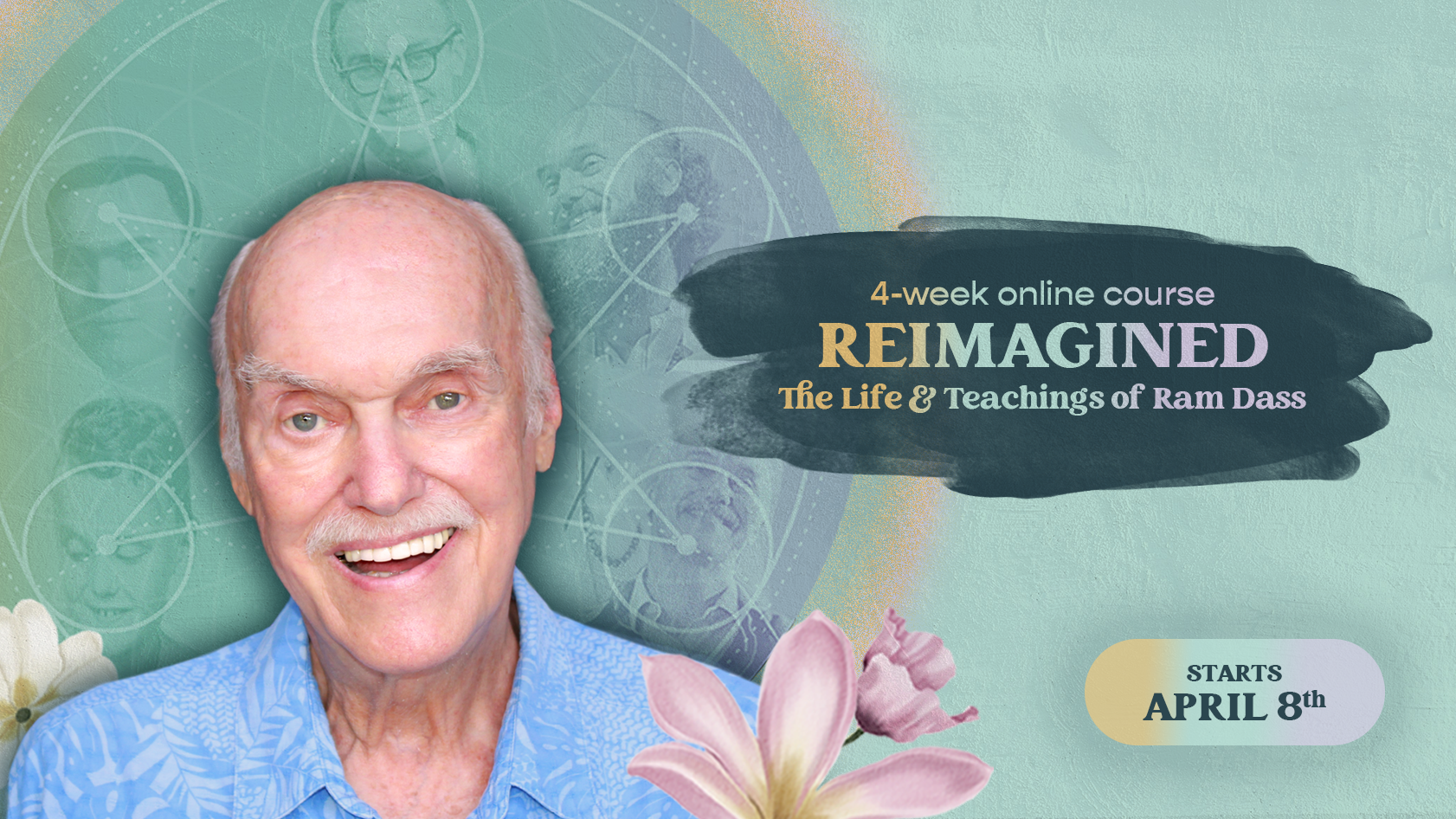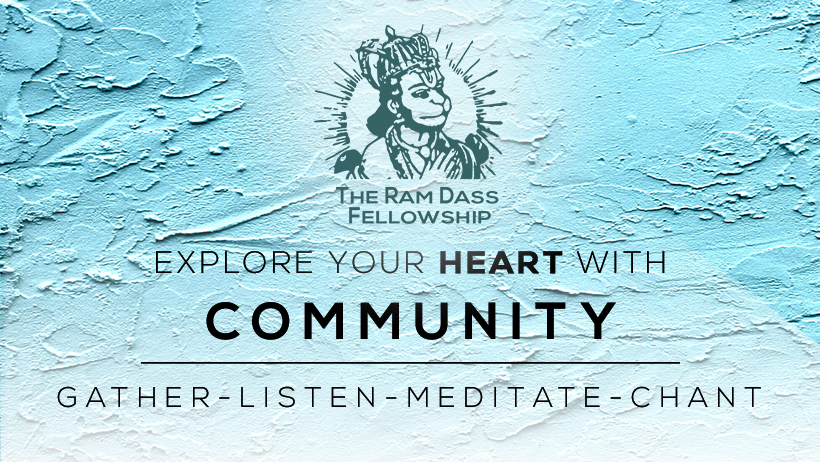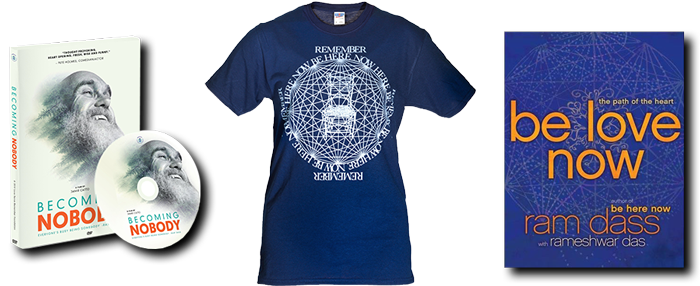Over the span of a lifetime, parents and children develop conceptual models about each other’s identity, and those models don’t allow the full flow between them as human beings.
What is required is not that we dismantle these models piece by piece, examining them and judging them and saying, “Look at this thing you have about me.” I don’t think we have to do all that. I think quite differently. I think we have to cultivate a place of “I am.” We have to cultivate that other part of our consciousness and just recognize it’s “I am,” because the minute you acknowledge that in yourself, you can look at your parent or your child, and you’ll see another being who “is.”
This is a story from Miracle of Love: “You don’t even care about your old father,” Maharajji said to a devotee, “Every day you should take sweets to your father. If a man has a father and a mother, he needs no God. It’s easy to pray to a murti, to a statue, but hard when the murti speaks back.” Then he made the man hold his ears, an Indian form or promising, similar to ‘cross your heart’ and promise that every day he would attend to his father and bring him sweets. The next evening the father came to Maharajji. “What is this?” Maharajji said, “Your son loves you and serves you, and you do nothing for him. You should make your son a new suite. He is your devotee.”
Because our culture focuses so much on individual personality, and because we have come to interpret freedom as satisfying our desires, one of the things that has been sacrificed into the kind of personality cult of which we are a part, is the understanding of the function and role of family. Family is really defined in terms of roles, not in terms of personalities, and when you put personality above role, then the family structure suffers badly.
What we have lost in this culture is what is often referred to as the extended family by anthropologists. It’s relationship among people within society in which there are various functions that everybody fulfills for everybody else. It gives a certain kind of security to getting through life. What we see is people saying, “I feel crowded and cramped by this. I want to escape out of the family, because my personality needs it.”
They escape into separateness, and then they marry somebody else who has escaped, and the two of them set up a little escape hut, and then they have a child, and then there’s nobody to take care of the child but them, because they escaped from all the babysitters, who were all the aunts and uncles and grandparents, and all those people, who would love to do it of course… but you can’t have them affecting the personality of your child.
When I was younger, I didn’t really understand this, because it was so much my experience. I grew up so much in a personality culture that I really didn’t appreciate role until I started to live in India and then I got a sense of it, because there is such a clear tradition. There are certain functions that each person fulfilled, and you just naturally flow into the role, and the personality isn’t the dominant theme.
-Ram Dass











What about introverts who just need to get away from a constant noise and chatter of life? Being in a family can be hard and people sometimes need to ‘escape’ as you say it.